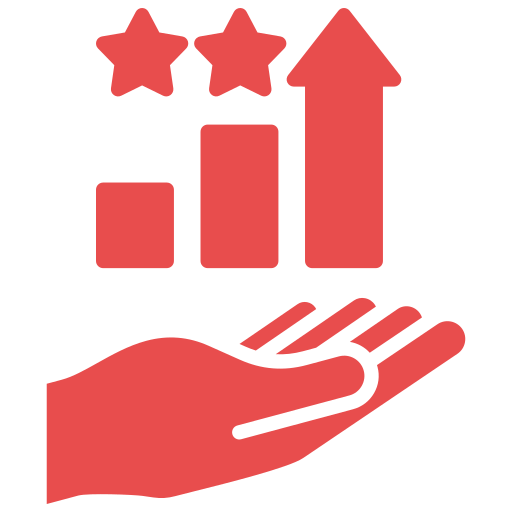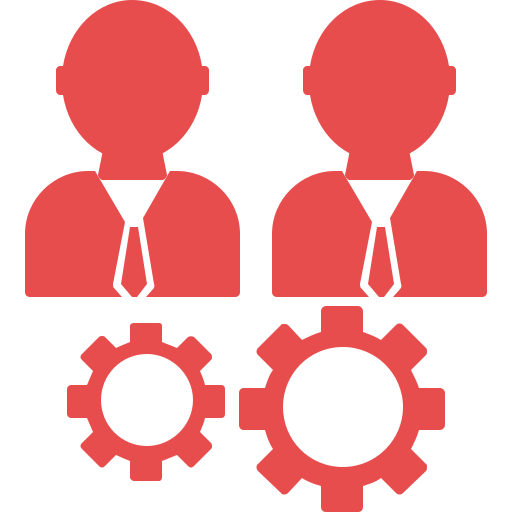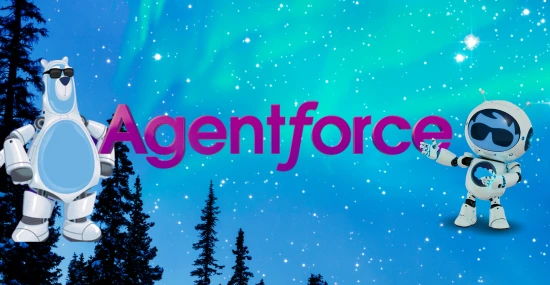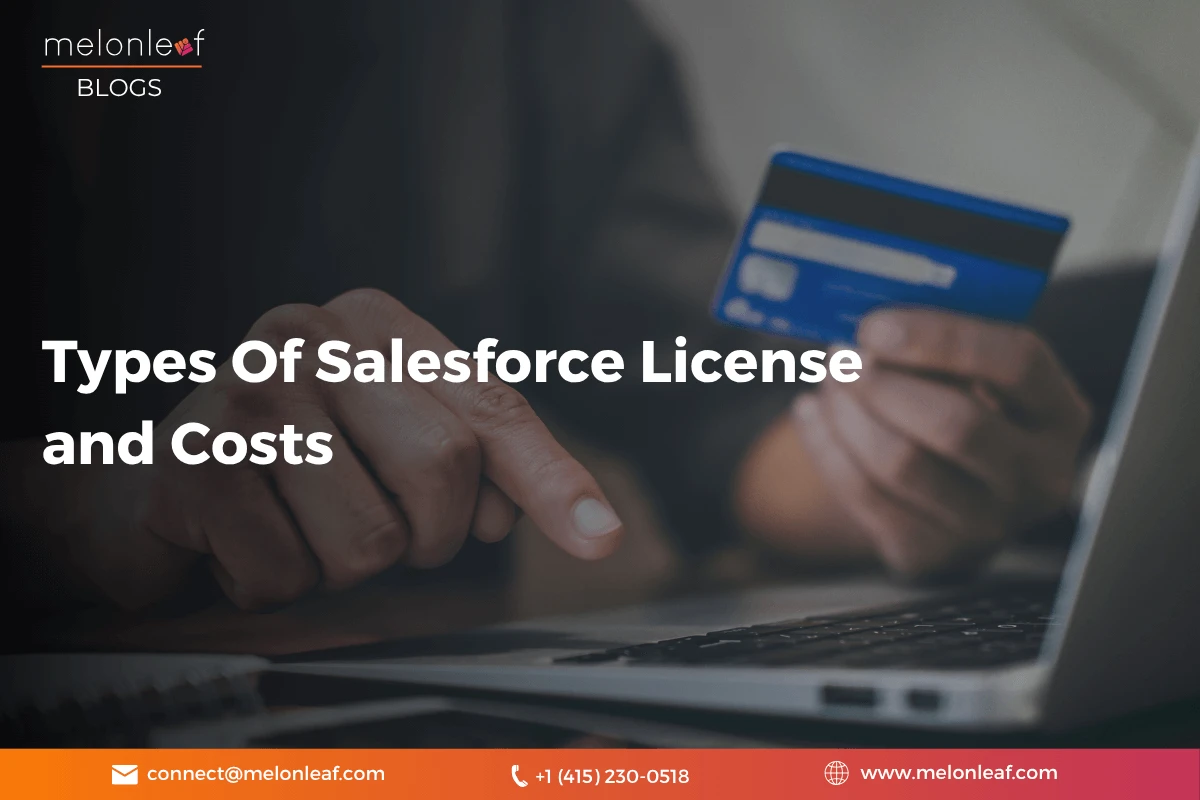
Comprehensive Guide on How to Become a Salesforce Developer in 2023
Salesforce is a popular customer relationship management (CRM) platform that helps companies centralize their work efforts and foster strong relationships with their customers. Some organizations may have specific employees who help maintain their company's Salesforce platform, such as developers.
Not only is the demand for Salesforce Developers high, but the earning potential is also excellent. And it’s not just about the salary – job satisfaction, growth opportunities and advancement are equally appealing.
Consider whether this career path is a good match for you by learning more about it and how to pursue it. There is a discussion of the compensation and career prospects for Salesforce developers included in this article, along with an outline of how to become one, and some critical skills to learn to become one.
Who Is a Salesforce Developer?
As one of the most sought-after professions in the Salesforce industry, Salesforce Developers are in high demand. Corporate software artists create apps that increase the efficiency of businesses. For Salesforce's digital architecture of innovation, these developers use technologies like Aura and Lightning Web Components as well as programming languages like Apex and JavaScript.
Salesforce Developers play a crucial role in tailoring the platform to meet the specific needs of organizations by building custom features, automating processes, and integrating Salesforce with other applications and systems.
A Salesforce Developer embodies a unique blend of technical prowess and creative problem-solving. These adept professionals serve as the crucial link that harmonizes business requirements with technical solutions, engaging closely with stakeholders and interdisciplinary teams to conceptualize, engineer, and implement bespoke solutions within the Salesforce ecosystem.
What Does a Salesforce Developer Do?
Custom Development
Salesforce Developers write code in languages like Apex, JavaScript, and Lightning Web Components to create custom functionality and features within the Salesforce environment. They design and develop solutions tailored to the organization's unique business requirements.
Automation
They use Salesforce automation tools, such as workflows, Process Builder, and APEX triggers, to automate routine tasks and business processes. This helps in streamlining operations and improving efficiency.
Data Modeling
Salesforce Developers design and implement data models, defining objects, fields, and relationships to ensure that data is structured and organized effectively. This makes data accessible and useful for various business functions.
User Interface Customization
They customize the Salesforce user interface to provide a more user-friendly and intuitive experience for Salesforce users. This includes designing layouts, creating Lightning components, and optimizing the visual presentation of data.
Integration
Salesforce Developers work on integrating Salesforce with other systems, applications, and databases. They ensure that data can flow seamlessly between Salesforce and external platforms, enhancing data consistency and accessibility.
Security
The security of data is critical. Salesforce Developers are responsible for configuring and managing the Salesforce environment's data security, access restrictions, and permissions. This protects sensitive information and guarantees compliance with industry requirements.
Testing and Deployment
They conduct thorough testing of custom solutions to identify and rectify any issues. Following best practices, they deploy changes to the production environment, ensuring a smooth transition from development to live usage.
Maintenance and Support
Salesforce Developers provide ongoing support to address user queries, troubleshoot issues, and make necessary adjustments to Salesforce applications as business requirements evolve over time.
Optimization
Continuous improvement is a key aspect of their role. Salesforce Developers constantly seek opportunities to optimize the Salesforce implementation, aiming to enhance performance, user experience, and data quality.
Collaboration
They collaborate with various stakeholders, including business analysts, administrators, and end-users, to understand and address their needs. Effective communication and teamwork are vital to ensuring that Salesforce solutions align with business goals.
How To Become a Successful Salesforce Developer
Step 1: Master the Fundamentals
Before you can reach the heights of expertise, you need to build a strong foundation. Begin your journey by understanding the core concepts of Salesforce. Learn about objects, fields, relationships, and data modelling. Familiarize yourself with the Salesforce Lightning Experience, a modern and user-friendly interface that is now the industry standard. To do this, you can take advantage of Salesforce's Trailhead platform, which offers free online training modules.
Step 2: Get Hands-On Experience
Theory alone won't make you an expert. To solidify your understanding of Salesforce, it's crucial to get hands-on experience. Create your Developer Edition Salesforce org, where you can experiment without fear of breaking anything. Build custom applications, workflows, and automation processes to understand how everything works together. The more you practice, the more confident you will become in your abilities.
Step 3: Learn APEX
Salesforce's proprietary programming language, APEX, is a cornerstone of development on the platform. APEX allows you to build custom logic, automate tasks, and create custom business logic. Start by learning APEX syntax and gradually move on to writing triggers, classes, and batch processes. Remember, practice and continuous improvement are key in mastering APEX.
Step 4: Embrace Lightning Web Components
With the ongoing shift towards the Lightning Experience, mastering Lightning Web Components (LWC) is essential for any Salesforce developer in 2023. LWC enables you to build modern, responsive user interfaces, making your applications more engaging and efficient. Salesforce provides excellent documentation and resources to help you become proficient in LWC development.
Step 5: Understand Data Integration
Salesforce rarely operates in isolation. Most organizations use other software tools and databases. Understanding how to integrate Salesforce with external systems is a vital skill. Learn how to use tools like Salesforce Connect, REST and SOAP APIs, and middleware platforms to ensure smooth data flow between Salesforce and other applications.
Step 6: Stay Updated
The Salesforce platform is no exception to this rule. Stay current with the newest features, upgrades, and best practices as you work towards becoming an experienced Salesforce developer. Participate in the Salesforce community by participating in forums, blogs, and events. Attending Salesforce conferences to network with people in the industry and learn from them.
Step 7: Achieve Salesforce Certifications
Salesforce offers a range of certifications that validate your expertise. Earning certifications not only enhances your credibility but also deepens your knowledge. Consider pursuing certifications such as Salesforce Certified Platform Developer, Salesforce Certified Integration Architecture Designer, or others relevant to your career goals.
Step 8: Build a Portfolio
To showcase your skills and expertise, create a portfolio of your Salesforce projects. Include descriptions of the problems you solved, the solutions you implemented, and the outcomes achieved. A strong portfolio is invaluable when you're seeking new opportunities or freelance work.
Step 9: Network and Collaborate
Networking is an important step towards becoming an effective Salesforce developer. Connect with Salesforce experts, join Salesforce user groups, and work on projects with others. Sharing your skills and experiences with your peers might help you grow faster and find new possibilities.
Step 10: Be Patient and Persistent
It takes time to become an excellent Salesforce developer. It is a journey that demands commitment, ongoing learning, and patience. Don't get disheartened by difficulties or disappointments. Continue to push yourself and improve your talents.
Type Of Certification in Salesforce Development
If you find yourself wondering how will you know if a salesforce developer is good or not. Well for starters if they have a designated portfolio then it’s all good and if not then you should always look for their certifications. And certification from Trailhead is the best tell and also if you want to become a salesforce developer.
B2C Commerce Developer Certification:
This certification is for people with experience in building full-stack applications for Salesforce Commerce Cloud Digital.
Industries CPQ Developer Certification
This credential is for individuals who have experience in developing applications for Salesforce Communications, Media, and Energy & Utilities Clouds, particularly configure, price, and quote applications.
JavaScript Developer I Certification
Developers with this certification are skilled in building front-end and/or back-end web applications using JavaScript and related technologies like Lightning Web Components.
Marketing Cloud Developer Certification
Certified Marketing Cloud Developers specialize in creating personalized marketing messages and landing pages. They are proficient in Marketing Cloud scripting languages and have experience in advanced segmentation, reporting, analytics, and data configuration.
Omni Studio Developer Certification
This certification is for individuals who have expertise in developing cloud applications using Omni Studio's declarative development tools.
Platform App Builder Certification
This credential is designed for those who can design, build, and implement custom applications using the Salesforce Platform's declarative customization features.
Platform Developer I Certification
Developers with this certification understand how to create and deploy custom business logic and interfaces using the programmatic capabilities of the Lightning Platform. They can differentiate when to use declarative methods versus programmatic approaches and extend the Lightning Platform using Apex and Visualforce.
Platform Developer II Certification
This certification is for those with advanced skills in the programmatic capabilities of the Salesforce Platform and data modelling. They can develop complex business logic and interfaces.
Conclusion
In the dynamic world of technology, where businesses are constantly seeking to adapt, innovate, and stay competitive, the demand for Salesforce developers remains a compelling and evolving narrative.
The journey through this blog has shed light on the various facets of Salesforce development, from the essential skills and certifications to the diverse range of roles and responsibilities that developers undertake. It's clear that these professionals play a pivotal role in bridging the gap between businesses and cutting-edge technology, and their expertise is in high demand across industries.
As we conclude, it's worth emphasizing that the demand for Salesforce developers is not merely a fleeting trend; it is a sustained need driven by the relentless evolution of technology, the ever-expanding capabilities of the Salesforce platform, and the relentless pursuit of a competitive edge in the market. And if you want to make a career in this field then you should definitely check out Melonleaf Institute of Virtual Technology MLVIT and take a significant in your salesforce journey.
So, for those considering a career in Salesforce development, the future is indeed promising, as these professionals will remain at the forefront of digital innovation, helping businesses navigate the complex landscape of technology and customer relationship management.
FAQ
- 1 What Is the Earning Potential for Salesforce Developers?
- Salesforce Developers typically enjoy a strong earning potential. Salaries can vary based on factors like location, experience, and certifications. On average, a Salesforce Developer can expect to earn a competitive salary, with opportunities for bonuses and career advancement. In the United States, for instance, the average salary for a Salesforce Developer is around $90,000 to $120,000 per year, but experienced developers in high-demand areas can earn significantly more.
- 2 What Are the Key Skills Required to Succeed as a Salesforce Developer?
- To succeed as a Salesforce Developer, you'll need a combination of technical and soft skills. Technical skills include proficiency in Salesforce-specific languages like Apex and JavaScript, familiarity with Salesforce Lightning components, and experience in data modelling and integration. Soft skills like problem-solving, effective communication, and the ability to collaborate with diverse teams are also crucial for success in this role.
- 3 How Can I Get Started with Salesforce Learning Courses and Certifications?
- To start your journey with Salesforce learning courses and certifications, you can visit the official Salesforce training website or Salesforce Trailhead. Salesforce offers a variety of courses and certifications, and you can choose those that align with your career goals. You can also get yourself Some courses are available for free, while others may have associated costs. It's advisable to begin with the fundamental courses and then progress to more advanced ones as you gain experience and confidence.
- 4 Can I Transition into Salesforce Development from a Non-Technical Background?
- Yes, it's possible to transition into Salesforce development from a non-technical background. Salesforce offers resources and training suitable for individuals with varying levels of technical expertise. You can start by mastering the fundamentals of Salesforce, learning APEX, and gradually building your coding skills. Additionally, leveraging your existing skills, such as problem-solving or business domain knowledge, can be valuable in your journey to becoming a Salesforce Developer.
- 5 What Are the Emerging Trends and Future Prospects for Salesforce Developers?
- The future prospects for Salesforce Developers are promising. As technology continues to evolve, there are emerging trends within the Salesforce ecosystem, such as the integration of artificial intelligence (AI) and machine learning (ML) to enhance customer relationship management. Salesforce Developers with expertise in these areas are likely to be in high demand. Additionally, the Salesforce platform's constant updates and new features mean that Salesforce Developers will continue to play a crucial role in helping businesses stay competitive in a digital age.
Related Posts
Types Of Salesforce License and Costs
Salesforce is a powerhouse in the world of CRM, helping businesses manage customer relationships, streamline…
Top B2b E-commerce Trends In 2025
The world of B2B eCommerce is changing fast. What used to be a slow, relationship-driven,…
What Are the 4 Types of CRM Software?
Customer relationships are the backbone of any successful business. Whether you’re a startup trying to…
What Is Salesforce? A Complete Beginner’s Guide
Imagine running a business where every customer interaction, every sales lead, and every service request…








































